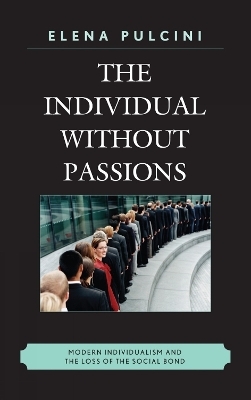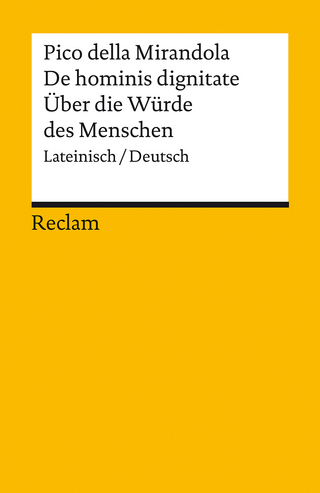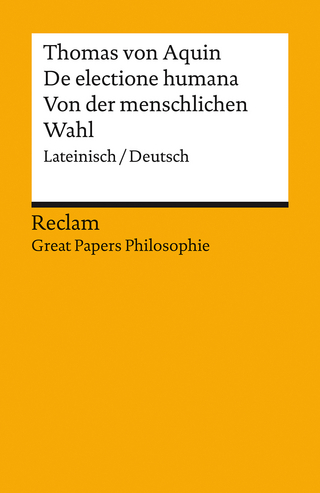
The Individual without Passions
Modern Individualism and the Loss of the Social Bond
Seiten
2012
Lexington Books (Verlag)
978-0-7391-6657-4 (ISBN)
Lexington Books (Verlag)
978-0-7391-6657-4 (ISBN)
The innovative characteristic of the book lies in its tackling an extremely timely and important issue—mainly individualism—from the original point of view of a theory of passions. It underlines the importance of the problem of the passions both in forming individual identity and in building the social bond. Drawing inspiration from classic authors who represent fundamental milestones along the route of modern individualism (from Montaigne to Hobbes, from Locke to Smith, from Rousseau to Tocqueville etc.), it puts forward new hypotheses that contrast with the consolidated views of contemporary reflection, both modern and postmodern.
The main argument is that passions are crucial not only when they are strong (homo oeconomicus), but also when absent or weak (homo democraticus), in both cases producing pathological effects on the Self and the social bond. Finally, the book underlines, in a normative perspective, that the image of the modern individual does not end with the egoistical passions and that it is possible to reactivate empathetic and solidaristic passions; furthermore, it proposes the hypothesis that the (solidaristic) passions go to fight the (egoistical) passions. This is most evident in the phenomenon of the gift (as interpreted by Marcel Mauss and his contemporary heirs), the “hidden” testimony of a desire for belonging that enables one to think of a new figure of the individual: homo reciprocus.
The main argument is that passions are crucial not only when they are strong (homo oeconomicus), but also when absent or weak (homo democraticus), in both cases producing pathological effects on the Self and the social bond. Finally, the book underlines, in a normative perspective, that the image of the modern individual does not end with the egoistical passions and that it is possible to reactivate empathetic and solidaristic passions; furthermore, it proposes the hypothesis that the (solidaristic) passions go to fight the (egoistical) passions. This is most evident in the phenomenon of the gift (as interpreted by Marcel Mauss and his contemporary heirs), the “hidden” testimony of a desire for belonging that enables one to think of a new figure of the individual: homo reciprocus.
Elena Pulcini is full professor of Social Philosophy in the Department of Philosophy at the University of Florence.
Introduction: The Individual Without Passions
Chapter 1: From the Ethics of Honor to Self-Preservation
Chapter 2: Homo oeconomicus: Between Acquisitive Passion and Passion of the Self
Chapter 3: The Critique of Acquisitive Individualism and the Search for Authenticity
Chapter 4: The Disappearance of the Passions: homo democraticus
Chapter 5: Homo reciprocus: The passion of Giving and the Communitarian Individual
| Übersetzer | Karen Whittle |
|---|---|
| Verlagsort | Lanham, MD |
| Sprache | englisch |
| Maße | 157 x 234 mm |
| Gewicht | 499 g |
| Themenwelt | Geisteswissenschaften ► Philosophie ► Philosophie des Mittelalters |
| Geisteswissenschaften ► Philosophie ► Philosophie der Neuzeit | |
| Geisteswissenschaften ► Psychologie | |
| ISBN-10 | 0-7391-6657-3 / 0739166573 |
| ISBN-13 | 978-0-7391-6657-4 / 9780739166574 |
| Zustand | Neuware |
| Haben Sie eine Frage zum Produkt? |
Mehr entdecken
aus dem Bereich
aus dem Bereich
Redewendungen aus der Natur
Buch | Hardcover (2024)
Regionalia Verlag
7,95 €
von der menschlichen Wahl
Buch | Softcover (2024)
Phillip Reclam (Verlag)
7,40 €


